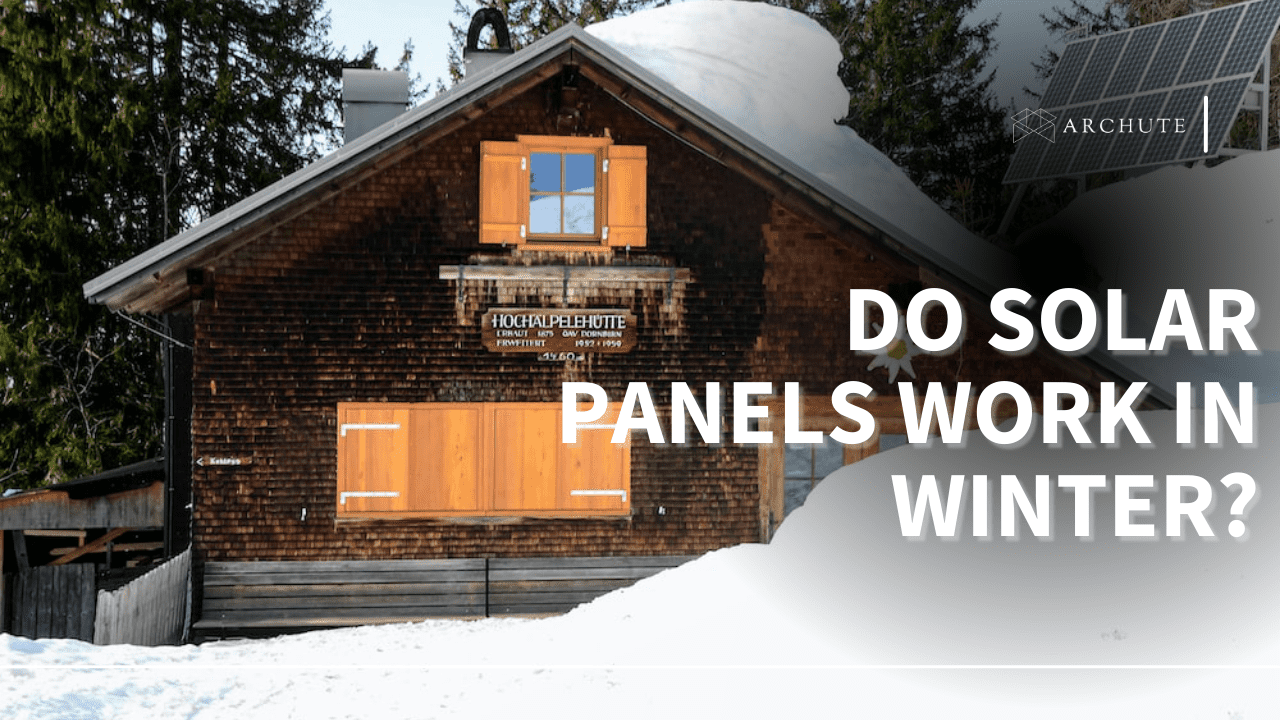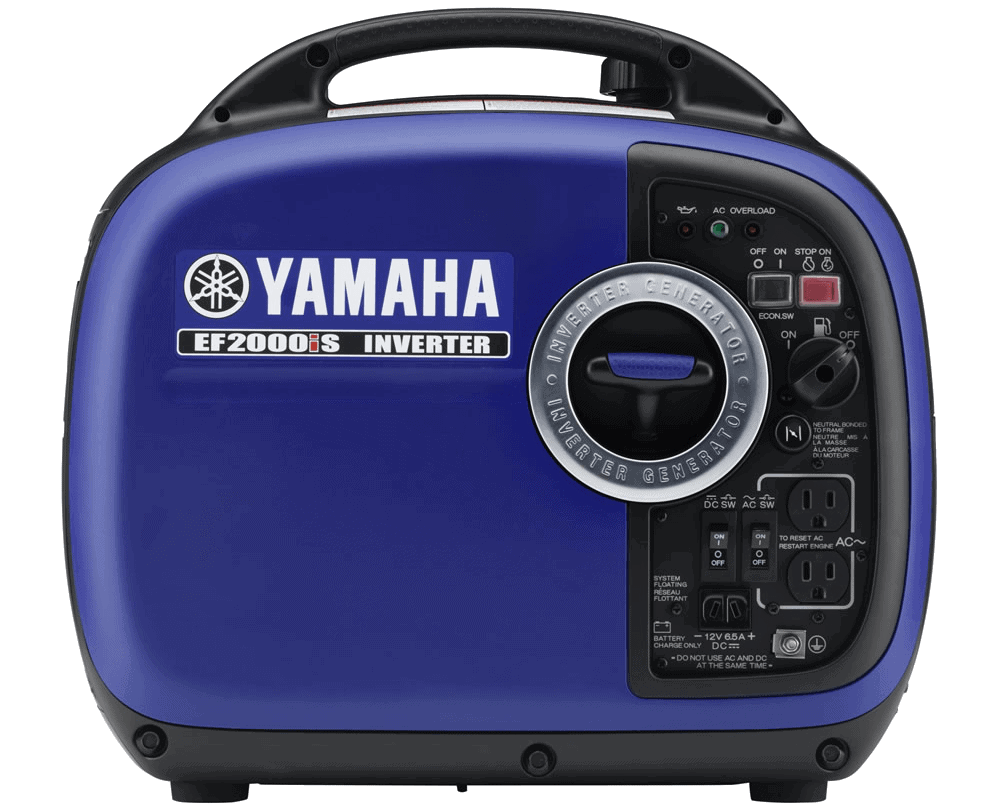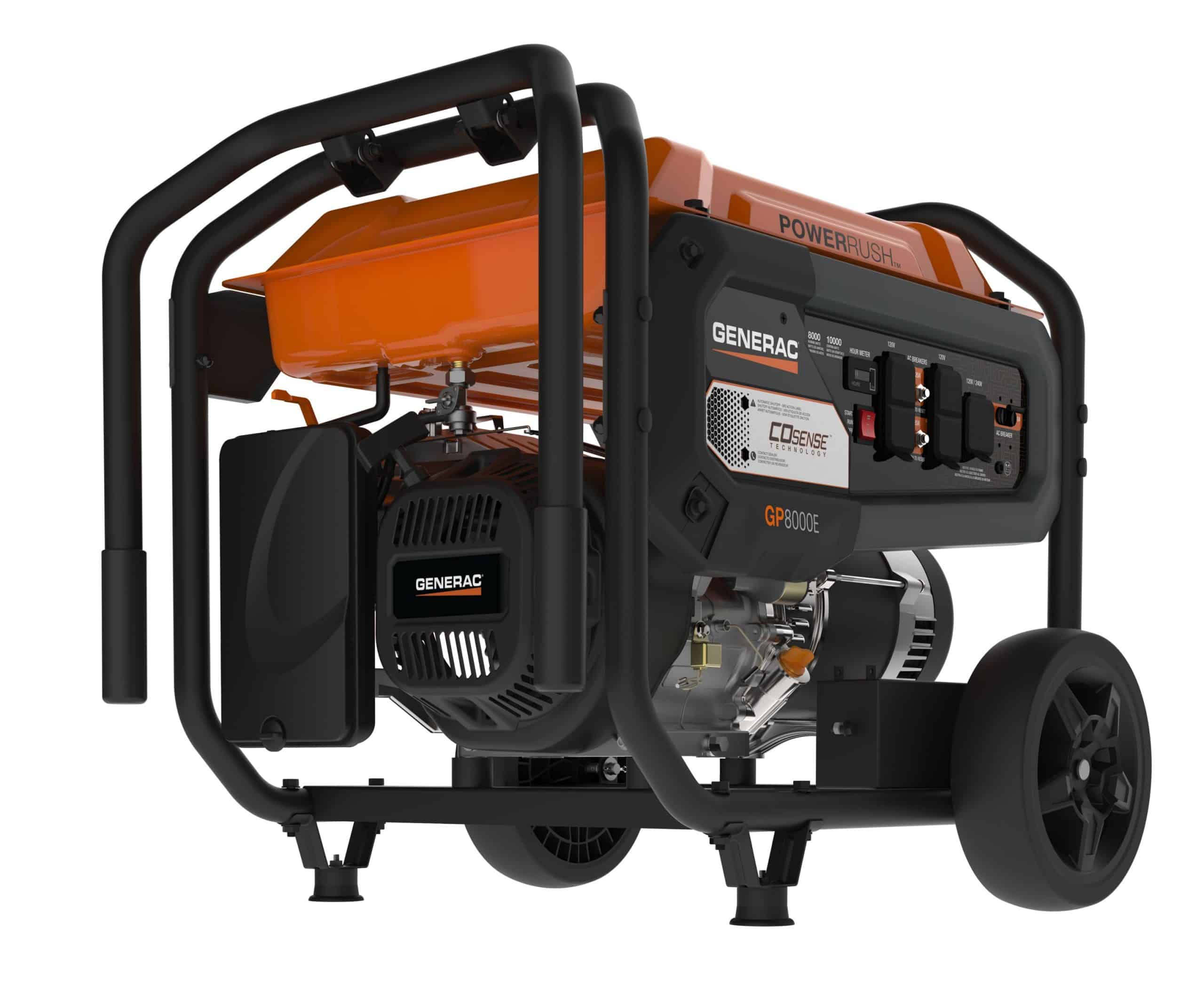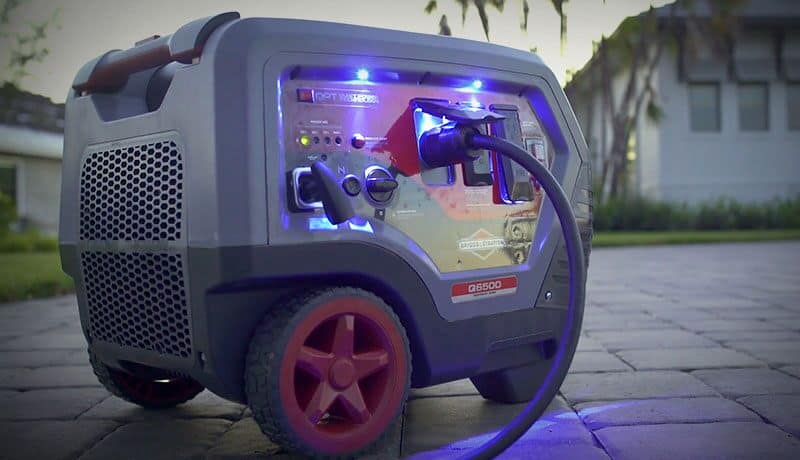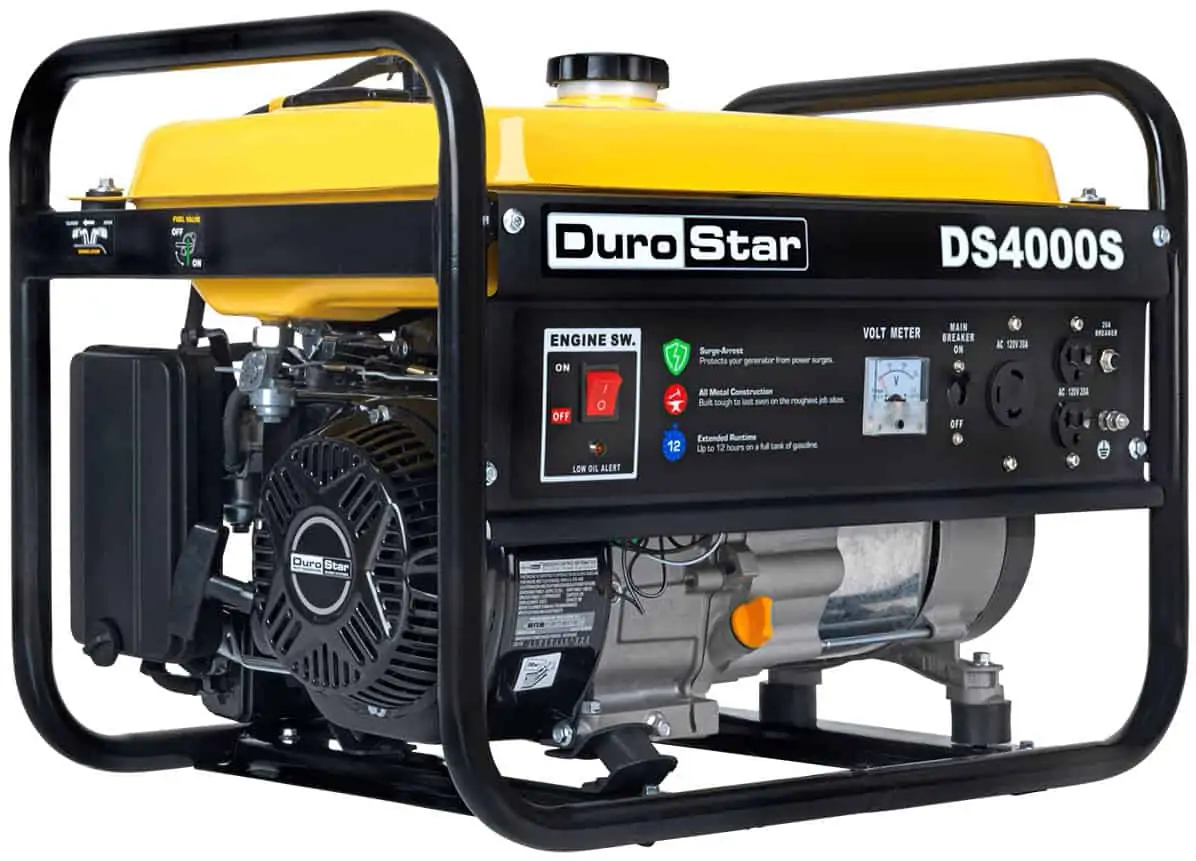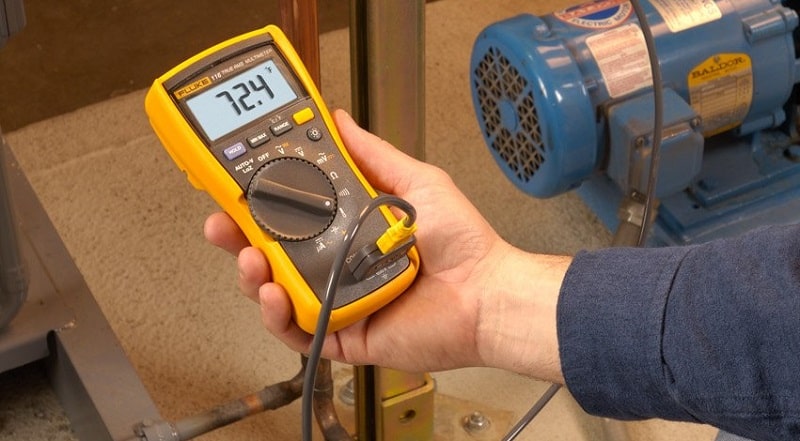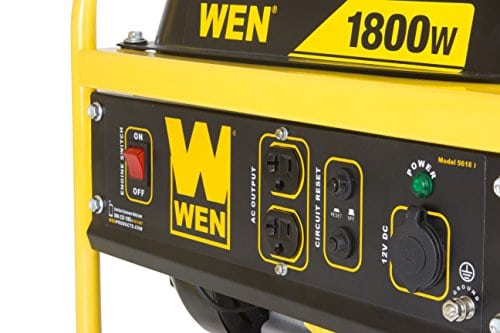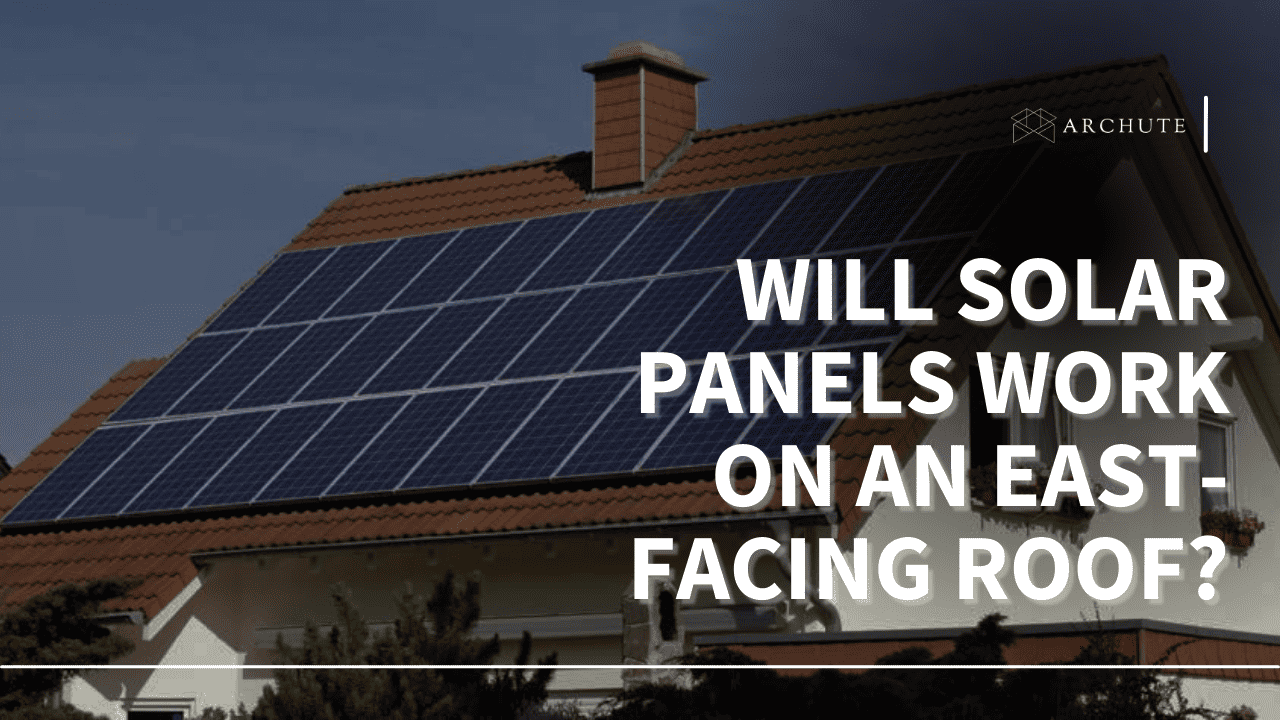The recent shift to renewable energy is taking most American homeowners by storm. In fact, the US Department of Energy projects growth in solar energy use within the US to more than one per seven American homes by 2030. Despite its popularity, most people still question, “Do solar panels work in winter?”
Solar panels produce energy throughout the year, even in winter weather. After all, your panels contain solar cells that diffuse sunlight to keep your home powered in cold months.Keep reading to find out how solar panels work and tips for getting the most out of your investment in freezing temperatures.
How Solar Panels Work
Solar panels convert electromagnetic radiation from the sun’s raysto electrical energy.Each panel has photovoltaic cells which absorb sunlight to generate power. Power generation within each solar cell is possible due to a semiconductor wafer with separate positive and negatively charged silicon layers.
The sun’s light energizes the solar cells, causing loose photons. Charged silicon layers create an electric field that converts the loose photons to electrons, creating electrical energy.
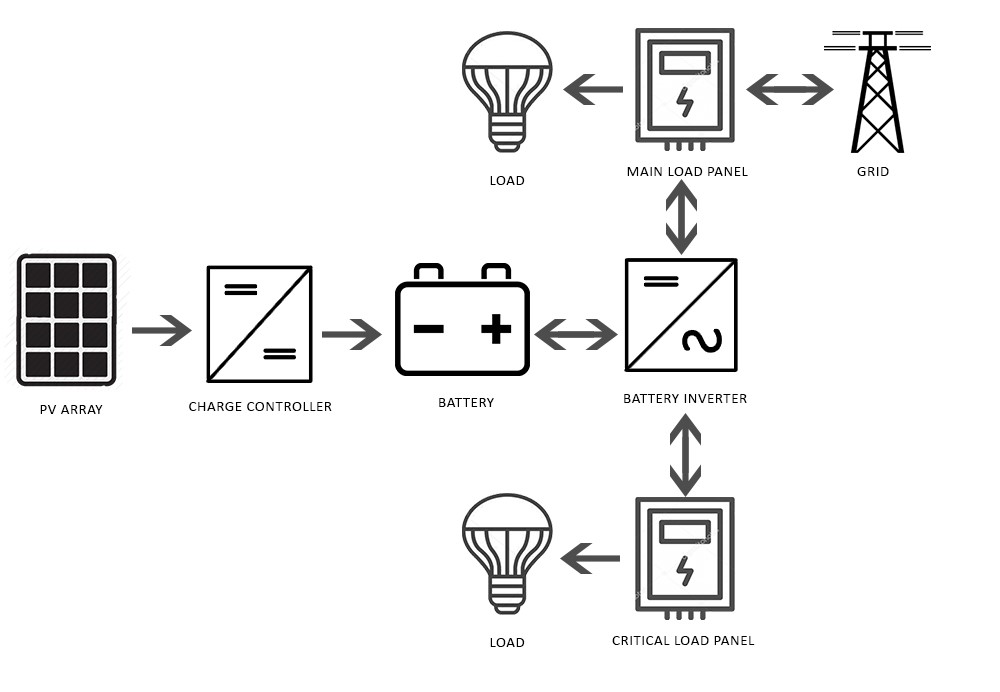
Image Credits: Theenergymasters.org
At this stage, the energy generated from your solar panels is direct current (DC). Solar systems consist of inverters that help convert DC to alternating current (AC). AC electricity is then distributed through your electrical gridto power your home and appliances.
Note: Like all other electrical systems, a professional should do your solar panel installation. The entire system should have meters and circuits to ensure safe and optimal solar panel performance.
Solar Panel Output in Winter Months
Winter does not provide as much sunshine as other seasons, but its cold temperatures can help solar panels function more efficiently. During the first days of winter, the peak temperature of about 77 degrees Fahrenheitallows solar panels to function optimally. Winter seasons are characterized by fewer daylight hours, reducing power output.
Although your solar panels only work at full efficiency for a few hours, they can still produce adequate amounts of energy. The amount of electricity produced is often enough to power households throughout winter. However, electricity production from solar panels can be significantly lower in extremely cold areas like northern climates
How the Winter Weather Affects Solar Performance
The winter season is coupled with freezing temperatures, heavy snowfall, and occasional rainfall. Each weather condition can affect solar performance uniquely, influencing electricity production.
Chill temperatures are ideal for efficient solar output since the solar panelscannot overheat like in summer months. As the temperatures drop further, they can negatively affect solar performance since they are often accompanied by shorter daylight hours.
Snow falling on solar panels covers the photovoltaic cells, preventing sunlight access. This can reduce your solar panel’s ability to generate electricity.
Rainfall in winter months can help your solar panels generate more electricity. Precipitation clears debris and light dust that block light on solar panel surfaces. As a result, you end up with clear screens that harnessthe additional light intensity for efficient electricity production.
Increasing Solar System Efficiency During Winter
Solar panels generate electricity during winter, but the output amount can vary depending on various factors. Regardless of the output, efficient use of the system will help your household enjoy adequate electricity throughout winter.
To increase solar system efficiency, you should address ways to improve output and conserve electricity where possible. Here’s how.
How to Improve Energy Output
While solar panels work in the winter, extreme weather conditions can affect optimal electricity production. Increasing energy output will allow you to enjoy the full benefits of solar energy in winter. Let’s find out how you can ensure efficiency!
1. Tracking Battery Discharge
Battery discharge can be negligible in warmer months, but it gets riskier during winter. High discharge levels can affect your system’s ability to serve you satisfactorily. Track battery discharge during winter to keep your home powered through the colder climate.
Note: You can add a solar battery for additional power storage. This is particularly helpful in cold-weather states like Alaska, North Dakota, and Minnesota as households prepare for heavy snowfall.
2. Clean Your Solar Panels Regularly

Image Credits: Energynews.us
Snow cover on your panel’s surface can negatively affect sunlight absorption. On the other hand, keeping your panels clean can improve electricity generation during winter since solar cells have better access to sunlight. Use a roof rake to get rid of snow buildup on panels. Alternatively, you can invest in darker solar panels since they absorb heat, forcing snow to melt.
Avoid rough scrubbers or chemical products when cleaning your solar panel’s surface. These can wear down the surface and affect its ability to work efficiently. To ensure safety, remember to switch off the solar panel before you start cleaning. Check the manufacturer’s instructions or consult with an expert for information on how to clean solar panels.
3. Tilt Panels for Optimal Exposure
Solar panels produce optimal amounts of electricity when they receive direct sunlight. Since there is a change in the earth’s tilt throughout the different seasons, you should angle your panels until they are directly perpendicular to the sun. This will optimize solar power generation since the inclination exposes the solar panel’s PV cells to direct light.
Ways to Conserve Energy Produced
Creating an efficient solar panel system at home hinges on reducing energy wastage. Since power output in winter can drop significantly, you should try reducing consumption. Let’s learn more about it!
1. Prioritize Essential Uses
Winter months are mostly spent indoors, so it is possible to overuse appliances. Unnecessary appliance use can deplete your energy reserves. This can prevent your winter solar panels from serving you satisfactorily.
Conserve solar energy by only focusing on essential uses. Tasks like heating and powering water pumps are vital for survival, so prioritize them.
2. Switching to Energy-Efficient Fixtures and Appliances
Old and outdated lighting fixtures and home appliances consume more energy over time. Inefficient appliances waste energy which can prove expensive in the long run. Invest in energy-efficient fixtures and appliances to conserve more energy.
Energy-efficient appliances and bulbs work well in cold weather and last longer. Such additions are often smart, regulating performance depending on the need. Fixtures like smart thermostats control the temperature at home, reducing the need to keep your HVAC unit on all the time.
Factors Affecting Solar Panel Functionality
Solar panel power production varies depending on its access tothe sun’s rays. Some factors affecting your solar panel’s ability to produce electricity include:
a) Shading
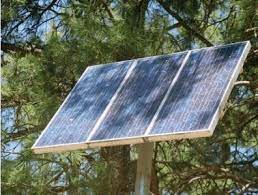
Image Credits: Researchgate.net
Barriers covering your solar panels can diffuse the sun’s rays, affecting their solar energy output. As a result, experts install solar panels in areas where they will receive direct sunlight for optimal energy production.
Shading assumes different forms, including:
-
- Heavy snow covering solar panels
-
- Buildings and trees castingshade over the solar panel surface
-
- Dust from sandstorms
-
- Leaves and debris on the solar panels.
-
- Cloud cover over prolonged periods
You can improve solar output by clearing any surface debris, dust, or snow cover. Use a roof rake to remove leaves during the fall. Positioning thesolar panels away from tall buildings and trees also helps your panels work better.
b) Climate
Due to its dependence on the sun’s light to generate energy, climate conditions like wind, rain, and temperature affect solar cell output. These conditions lower the sun’s heat and interfere with direct light, affecting the photoelectric conversion process.
Average temperatures are ideal for efficient photoelectric conversion. High summer temperatures can reduce your solar panel’s efficiency since they depend more on light intensity than heat.
c) Solar Panel Angling
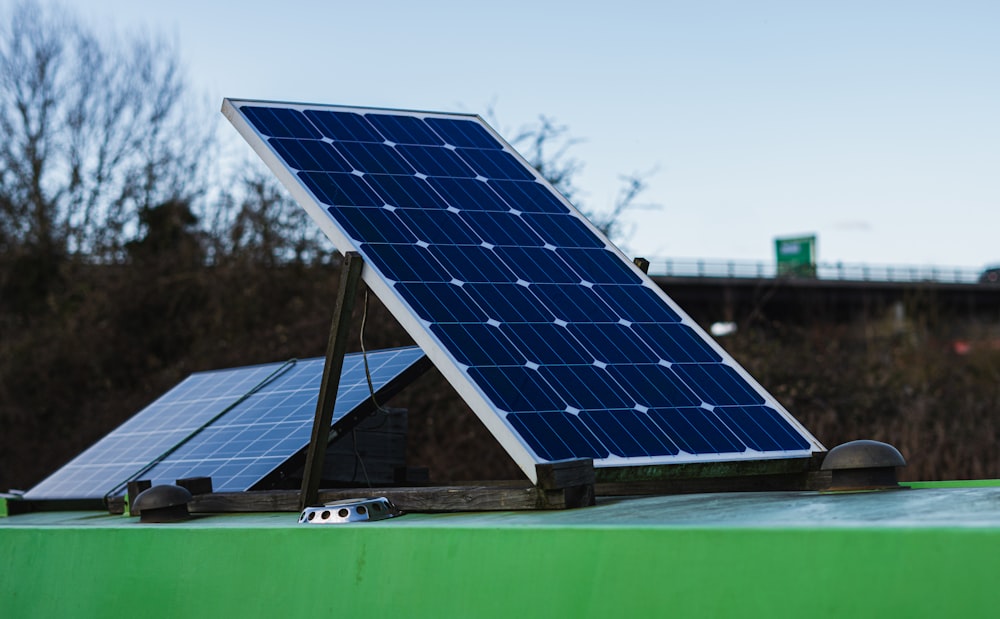
Image Credits: Unsplash.com
Solar power professionals recommend finding the optimal inclination angle to make the best use of daylight hours. Solar panel photovoltaic cells increase energy production when directly exposed to sunlight.
A shift in the earth’s positioning on its axis means the sun’s rays hit the earth at a lower angle. As a result, installing solar panels at high angles won’t be as effective in capturing adequate amounts of solar radiation. Conversely, lowering the panel’s pitch increases sunlight exposure, helping produce more electricity.
Conclusion
Installing solar panels at home is an excellent step towards achieving a sustainable and renewable energy source. Solar power is available throughout the year, even in cold winter conditions. Follow the above tricks to get the most out of your solar panels in cold weather.
FAQs
1. How can you prevent snow buildup on solar panels?
Snow removal is the easiest and most practical way to prevent buildup on your solar panels. Rainfall can also help you remove snow and debris from solar panel surfaces.
2. Do I need to protect my solar panels during winter?
You do not need to protect your solar panels during winter. Solar panels are made of sturdy material and can withstand harsh winter conditions. This means that your panels will be durable and guarantee a great return on investment.
Featured Image Credits: Unsplash.com

